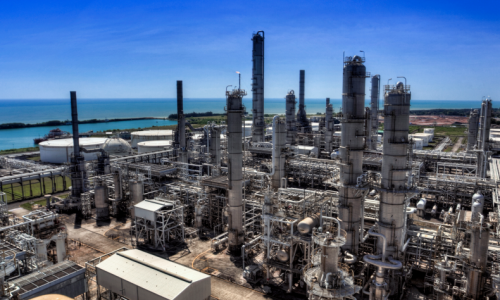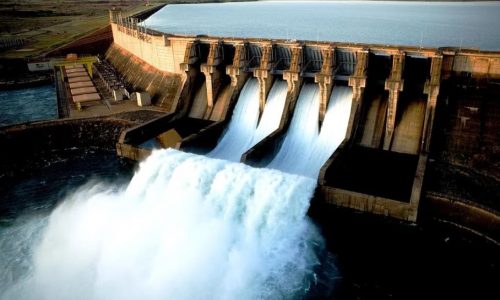Minister of Energy and Mineral Resources (ESDM), Bahlil Lahadalia, invited Chinese businesses to invest in Indonesia’s renewable energy sector, highlighting projects such as the Kayan and Mamberamo hydropower plants.
“I invite our Chinese investor friends to explore several potential areas where we can develop together. This forum is the right place to find the best formula for joint business development,” Bahlil told the opening of the 7th Indonesia-China Energy Forum (ICEF) in South Kuta, Bali, on Tuesday, September 3, 2024
He emphasized Indonesia’s commitment to maintaining a stable and favorable investment environment for Chinese companies, particularly in the energy sector, which he described as crucial for driving economic growth and technological advancement between the two nations.
The minister underscored that energy transition is part of a global commitment to achieving decarbonization, and Indonesia has demonstrated its seriousness in this effort to the Chinese government.
“We have developed a comprehensive Net Zero Emissions (NZE) roadmap in the energy sector,” he said, outlining Indonesia’s long-term energy transition plans.
Bahlil highlighted the enormous potential of Indonesia’s renewable energy resources, including the Kayan Hydropower Plant in North Kalimantan with a capacity of 13,000 MW and the Mamberamo Hydropower Plant in Papua with a capacity of 24,000 MW.
These projects, he suggested, present significant opportunities for collaboration with Chinese partners.
“This is a potential that we are offering to China for joint collaboration. It’s not something we can achieve alone,” Bahlil said.
In addition to renewable energy projects, Bahlil also emphasized the Indonesian government’s focus on developing green and sustainable industries, particularly through the implementation of energy transition strategies. He noted that electricity plays a key role in realizing these goals.
To support this, Indonesia’s energy transition roadmap includes a supply-side strategy focused on solar, hydro, geothermal, and hydrogen power generation.
Furthermore, the roadmap outlines a gradual phase-out of coal-fired power plants and the adoption of low-emission technologies, such as Carbon Capture and Storage (CCS) and Carbon Capture, Utilization, and Storage (CCUS) technologies.
On the demand side, the strategy involves promoting the use of battery-based electric vehicles, biofuels, and implementing effective energy management practices.
These initiatives are part of Indonesia’s broader efforts to achieve carbon neutrality and foster sustainable economic growth.









